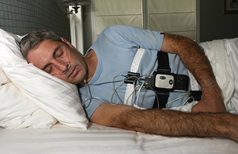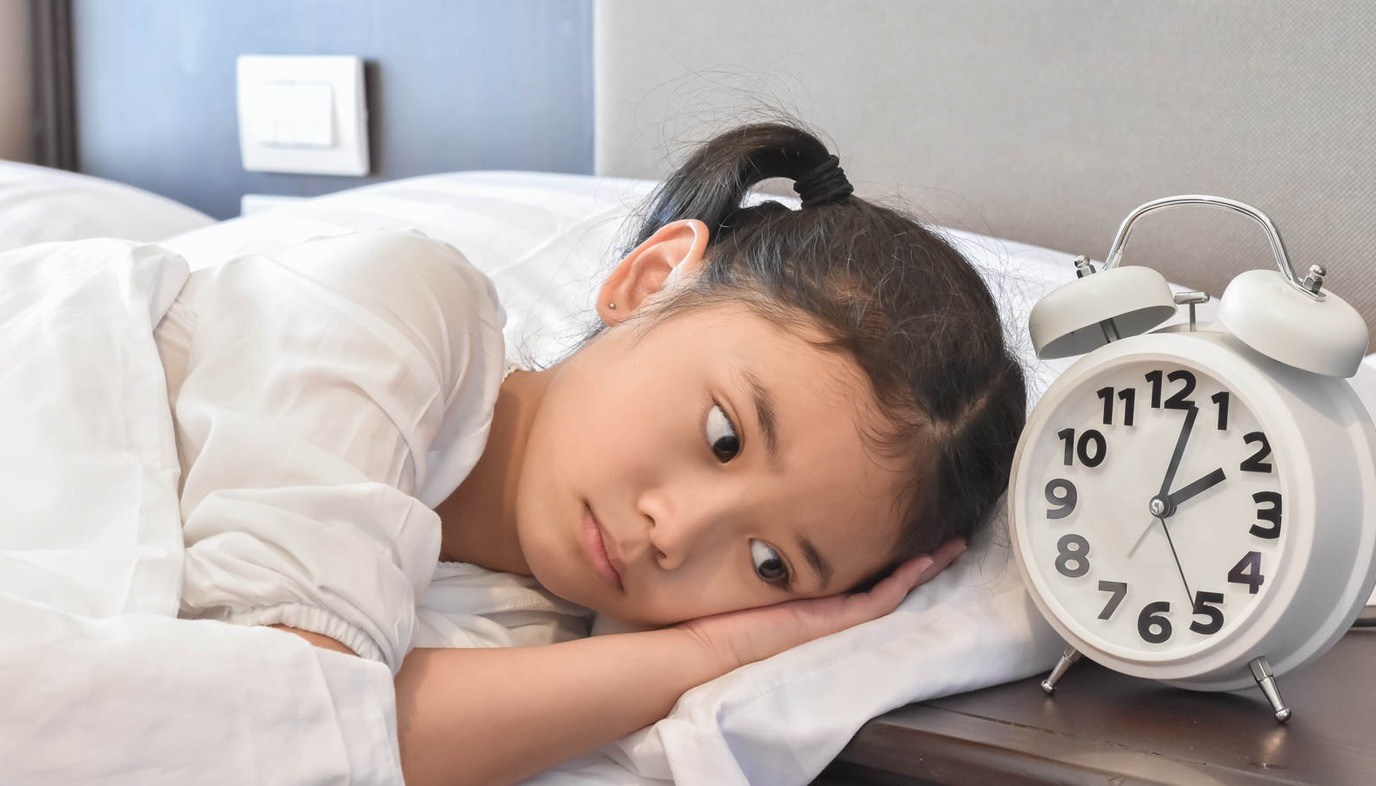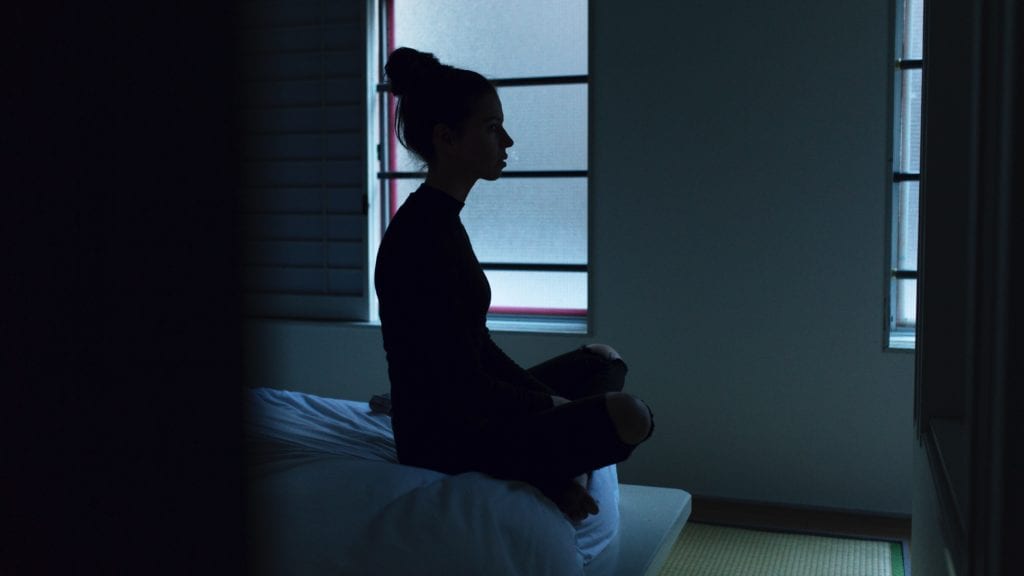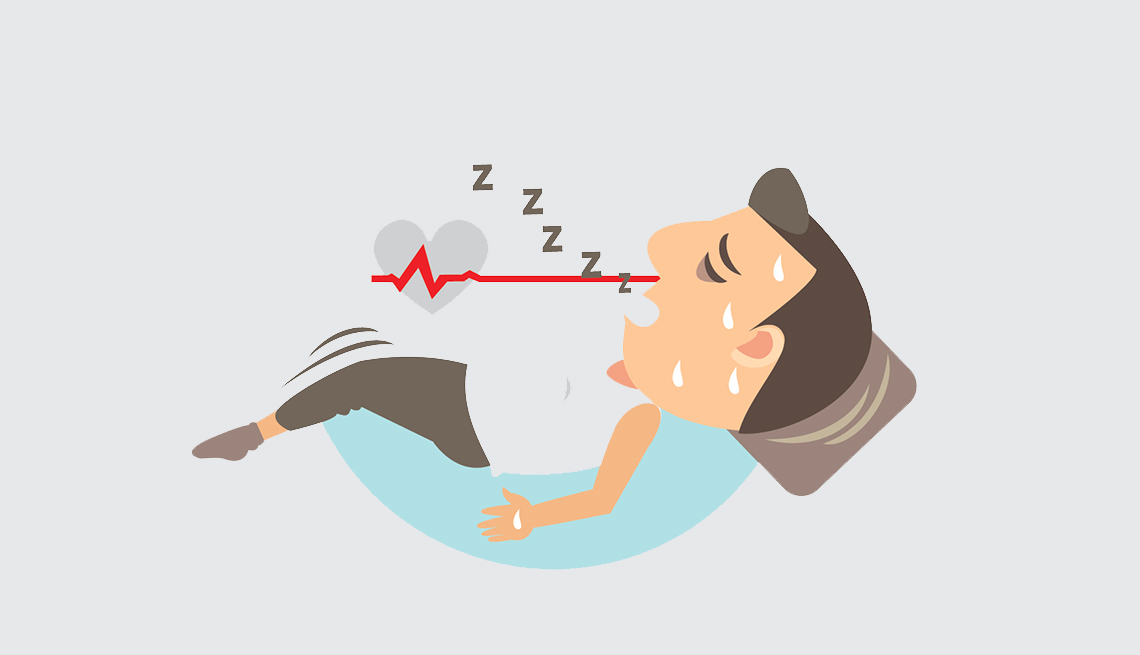Sleep in Children : Mummy I can’t sleep.
Introduction
Sleep in Children and Children Sleep Disorders.
Sleep disorders, whether you are a child or an adult, can leaveyou feeling exhausted, grouchy, and subject to falling asleep atany time during the day. From the very beginning of your child’slife, they do not sleep through the night. During the first fourmonths, waking at night is considered normal. They awake for afeeding and changing, then back to sleep.
This may last past four months, depending upon the child. From ayear old they should be sleeping through the night however, manydo not. There are various reasons for interrupted sleep inchildren. The following will look at several and what you can doto help your child get the rest he needs.
What are the Problems That Can Come Up with Kids’ Sleep?
There are many problems that can cause your child to haveproblems getting enough sleep. Because they often do not get thesleep they need they may suffer from sleep deprivation. This cancause problems at school, dropping grades, trouble stayingawake, and extreme irritability.
They may be caused by nightmares, wanting to be with you, napsthat are too long during the day, or other more deep rootedproblems. Finding out what is bothering your child is a processof elimination. The following information will discuss severalproblems that children have that cause sleep problems.
What Do I Need to Know About Night Waking? What if My ChildWakes Up a Lot at Night?
If infrequent night waking is something your child experiences,it should correct itself and not be a problem. However, if thisbecomes an every night occurrence, you may want to consult yourdoctor to see if there is a physical reason for this.
Sometimes children will wake, go to the bathroom, ask for adrink of water, and go right back to sleep. However, there areinstances when they want to get up and play. This can be causedby a number of things. They may be taking naps during the daythat are too long.
There also could be something they are anxious about, such as anew experience that they are about to have, such as startingschool for the first time. Reassurance is the key here. Maybe atrip to the school so they have an idea of what to expect willallow them to relax and not be so anxious about this change.
What are Sleep-Onset Associations?
If you have started a habit with your child to get them to go tosleep, such as rocking them, they may not want to go to sleepunless they are rocked. This is true if they wake in the middleof the night as well. This is a comfort to the child and theymay need this to go back to sleep. Sometimes they have to have afavorite blanker or stuffed animal to go to sleep. A pacifier isanother comfort that is learned from an early age.
Opinions differ as to whether rocking your child to sleep is agood thing or bad. However, many parents get a contented feelingby rocking their babies, just as the babies do. So it really isa matter of personal preference. If you feel like rocking yourbaby, do not let anyone tell you that you should not.
What you Need to Know About Children’s Sleep Cycle?
There are two stages of sleep in children and adults. The REMsleep, rapid eye movement, is a light sleep from which yourchild can awake quite easily. This is the dream state. You willnotice their eyes moving around quickly.
NREM sleep, non-rapid eye movement, is a deep sleep. This iswhen you child is less likely to wake. Children normallyalternate between light sleep and deep sleep. Some children justnaturally sleep deeper than others. This is one of the thingsthat may depend entirely on the child.
How Much Sleep Do Kids Need?
Your newborn may sleep sixteen to eighteen hours a day. Thiswill seem like a lot to the new mother, but do not worry, itwill change by the time they are about four months old. By thattime, they will begin to sleep less in the daytime and fromeight to ten hours at night. Enjoy this time and get some restyourself, because it will only last for a few months.
The older your child gets the less he will sleep although themajor part of his sleep time will be at night. Naps during theday will probably be required until age three or four. Someparents find if they cut down on the nap time, it helps theirchild to go to bed at a regular time at night.
What Do I Need to Know about School Age Children and Sleep?
When your child starts to school, it is important that he getsenough sleep. This is generally between nine and twelve hours.This is normally when children need to be monitored closely tomake sure they are getting enough sleep so they can stay awakeduring the day.
How should you gauge whether your child is getting the amount ofsleep they need? If your child can go to sleep within a fewminutes of going to bed, wake up without a problem in themorning, and not feel tired all day long, they should be gettingthe right amount of sleep.
What About Teenagers?
Does your teen have trouble waking up in the morning? Do youhave to wake them several times before they actually get up? Ifso, they are not getting the required amount of sleep tofunction properly. Sometimes it is the stress of dealing with awhole new set of rules for junior high and high school. Oftenthe summer vacation will cause a teen to get turned around andthey stay up later and sleep later.
The problems with teen’s sleeping habits are either due to notgetting to bed early enough to get the right amount of sleep ora sleep disorder. If your teen goes to bed but cannot go tosleep and finds themselves lying awake at three in the morning,this definitely needs to be discussed with your doctor. Achronic sleep disorder can wreak havoc with your teen’s abilityto function during the day.
Sleep Habits.
The sleep habits you teach your child can last throughout theirlife. Good sleep habits are learned at any early age, althoughit is never too late to start. If you view bedtime as a specialtime spent with your child rather than a chore, they will viewit that way as well.
First make sure the desired bedtime finds your child throughwith homework or any other distraction that could keep himawake. The signs that he is ready to go to bed should be veryobvious. This is when he starts to slow down and maybe rub hiseyes. This should not be the time that you start the bedtimeroutine. This should be when he is in bed, ready to go to sleep.
Routine is the key to getting children to bed and asleep whentheir bedtime arrives. A schedule during the day will help yourchild to know what to expect and when. A bedtime routine willhelp; if it is story time, song time, cuddling time, or a backrub.
How Can I Help My Child (and Myself) Sleep Better? What are SomeStrategies I Can Try?
Routine cannot be stressed enough. If your child has a routinethat is followed every night, even when you are away, this willbenefit the child as well as you. When they get in the habit ofgoing to bed on time and staying asleep, you will get the restyou need too.
It may take several nights or even weeks to develop thisroutine. However, if you stick to it and do not give up easily,you should be able to set the pattern for the bedtime ritual.This will vary depending on your child. Finding what works isgoing to be a trial and error method. Another thing to rememberis every child is different and what works for one might notnecessarily work for another.
Strategies that have been tried and have proven effective whengetting your child to sleep better are:
Sometimes a background noise such as a fan or even a CD of oceansounds or something similar will reassure your child. If youstart your baby with this when they are small it is a soothingsound similar to what they heard before they were born.
A good amount of physical activity during the day will help themto burn off excess energy and when possible, fresh air will makethem sleep better at night.
When the bedtime ritual is started, make sure your lighting isdim. This will signal to the brain that rest time is imminent.Doing the opposite in the morning will help them to associatebright light with getting up for the day.
What are Nightmares and Night Terrors (Also Called SleepTerrors) and How are They Different?
If you are a parent, you have been awakened at two in themorning to the sound of your child screaming at the top of theirlungs. As you panic and try to focus on getting out of bed, fearclutching at your heart, just to find out he has had a nightmareand thinks there is a monster hiding under his bed. Every parentexperiences this at one time or another. Usually when your childhas a nightmare, they can be easily calmed and go back to sleepwithout much of a problem.
Night terrors are another matter entirely. The child sufferingwith night terrors may sit straight up, eyes open, with aterrified look on their face. Often screaming will accompany thenight terrors and they are terrifying screams.. Night terrorsdiffer from nightmares by the child being confused,inconsolable, and they may not know you. Profuse sweating, fastbreathing, and a very rapid heart beat are all signs of nightterrors.
Can Sleep Apnea Affect Children?
Sleep apnea is a problem that children and adults have. Thisdisorder is normally caused by enlarged tonsils or adenoids.Often surgery is needed to cure this problem. The scary thingabout this disorder is that it causes the person to temporarilystop breathing while they are asleep.
Being overweight can lead to this problem. Snoring is one signthat your child may have sleep apnea. The child may have troublebreathing and may sweat profusely during the night. Due to thiscondition interrupting sleep, it may cause the child to besleepy during the day. Add to that the irritability and thiswill affect their daily routine. They may fall asleep in schooland grades will start to suffer. This condition should bediscussed at length with your child’s doctor.
What Do Separation Problems Have to Do With Sleep?
If you make a change in your lifestyle, such as taking aposition that requires you to work at night, this could causeseparation problems with your child. They may not want to go tosleep if you are not there. When they have been used to youputting them to sleep and all of a sudden there is a big change,this can trigger issues.
You can fee the same separation issues as your child. You arealso used to doing things a certain way and when they change,you may feel guilty that you are not there for your nightlyroutine.
What if My Child Has Problems Settling in at Night or ResistsGoing to Sleep?
Every parent has experienced the temper tantrum. Sometimes theyoccur at night when you are trying to put your child to bed.They are stubborn about this to the point of having you at yourwits end. The best thing to do is remain calm. If you get highlyagitated, it will only make the situation worse.
Calmly try to discuss what may be bothering your child and thereasons for not wanting to go to bed. If they do not have areason, they just do not want to go, maybe a few minutes ofspecial time will calm them so they will go to bed. Trysomething they like, such as a special song or a warm cup ofmilk. If you can get them to cuddle up to you, they may besleepier than they realize.
What is a Sleep Diary? How Might it Help With My Child’s Sleep?
A sleep diary may be helpful if you child is having troublegoing to sleep. As you keep a record of the nights they were notready for sleep, you may see a pattern. The time they get up,how long and how many naps they take, what time they go to bed,and how many times they awoke during the night will allow you tosee if there is a pattern.
You may be able to solve this problem on your own or you mayhave to enlist the help of your pediatrician. Either way, if youkeep a sleep diary, it may help when it comes to discovering whyyour child is having difficulties.
How Can I Decide Whether a Crib or Sharing Sleep (Co-Sleeping)is Better for My Family?
Many parents feel that the closeness of sharing their bed withtheir children is a comfort for them. However, most doctors donot feel this way. Their opinion for the most part is it is notsafe for children to sleep with adults. There have been studiesconducted that show nearly half of children suffocating in theirsleep are because they were in an adult bed.
The studies show that adults rolling on children and the beddingcan contribute to suffocating. Children are not big enough toget out from under something or someone who is on top of them.It depends on the precautions you take to make sure somethingsuch as suffocating cannot occur. However, most doctorsrecommend against it period.
What About Medications to Help My Child Sleep Better?
No medications should ever be given to a child unless a doctoris consulted. There are instances of abuse when it comes to thismethod of getting your child to go to sleep. The generalconsensus is that using good sleeping plans to get your child tosleep works far better than giving them a drug to make themsleep.
If your child has a really serious problem going to sleep, youmay want to consult your doctor. There is an over the countermedicine called melatonin that if used only with the approval ofyour doctor, may help your child if they have a history ofchronic sleeplessness. This is also an alternative for specialneeds children who have problems sleeping.
Baby Crib Safety Tips.
Here are tips that you should follow when it comes to makingsure that your baby’s crib is safe. Accidents happen every yearthat are related to babies sleeping in cribs that do not meetsafety requirements. If you are in doubt as to whether your cribis safe, check out the following tips:
* Babies should always sleep on their back on a mattress thatfits the bed properly. This means with no gaps between themattress and the bed.
* You should not put any kind of comforters, blankets, pillow,or even stuffed animals in the crib with your baby. Bumper padsare not recommended either.
*-Use a sleeper with feet to keep your baby warm rather than acover.
* If you must use a blanket, use only thin ones and tuck itaround the mattress with it being no higher than the baby’schest.
* Do not be tempted to use a sheet that is too large for themattress. Only ones that fit the mattress snugly should be used.
* A crib with slats should have only a little over two inchesbetween the slats. Anything wider than this can be a place forthe baby’s head to get stuck.
These are only a few of the precautions you should take whenpurchasing a crib for your baby. The basic of crib buying arecovered with the crib manufacturers themselves.
Your child should be the most important person in your life.After all, he is dependent upon you for everything for the firstfew years of his life. When it comes to the ups and downs of achild’s life, they will turn to the person they trust most inthis world for help. This starts at the very beginning of lifeand there is no feeling in the world like doing everything youcan do to keep your child safe and happy.
If you have questions or suggestions on Sleep in Children you maycontact mehere.
Return FROM Children TO the Sleeping Disorder HOME Page






